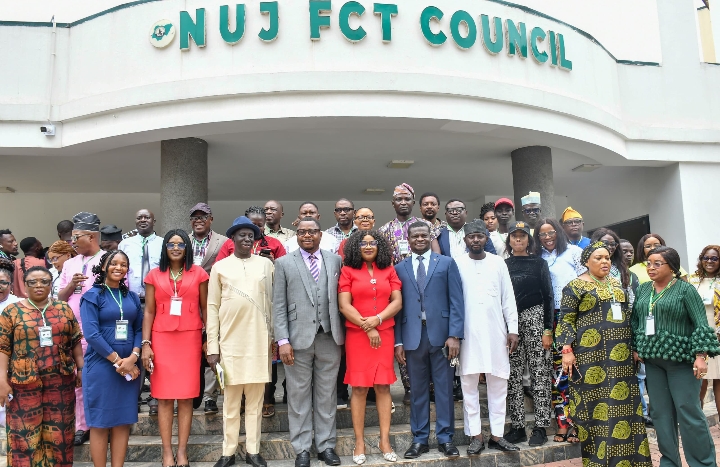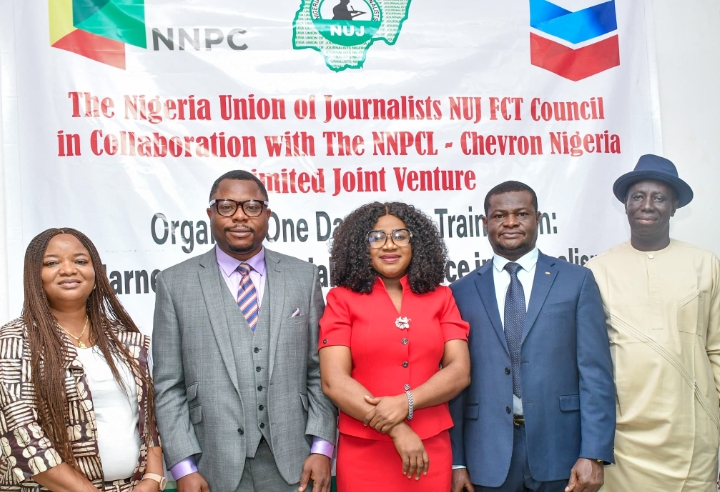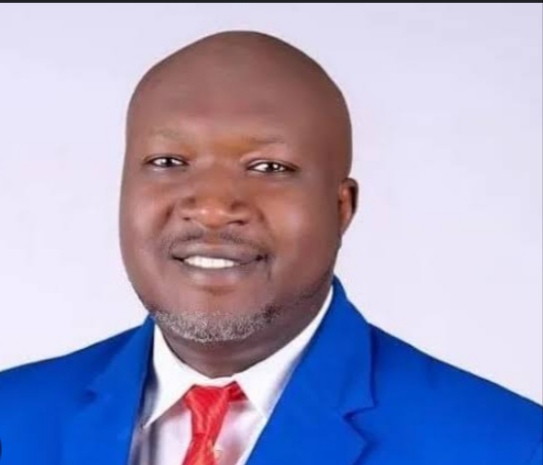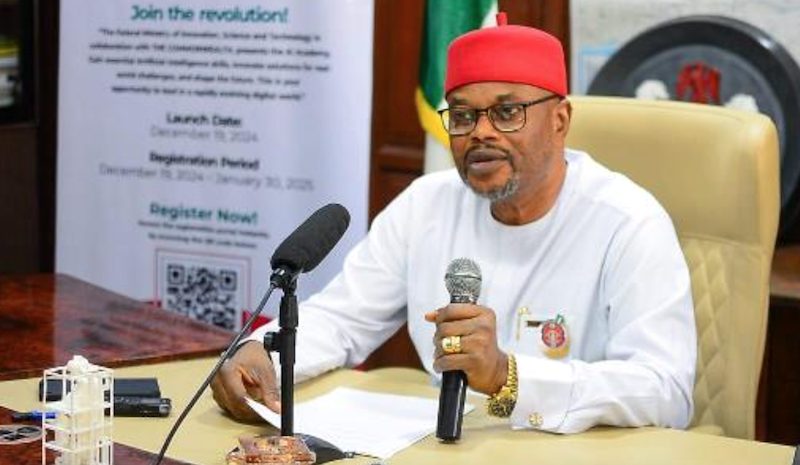By Ebuka Ukoh
Artificial Intelligence (AI) is evolving rapidly. A new player has emerged to capture the global spotlight: DeepSeek R1. Developed by a Chinese startup, DeepSeek R1 has created waves in the tech industry by delivering AI capabilities comparable to those of industry giants like OpenAI’s GPT-4, Meta’s Llama, and Google’s Gemini—at a fraction of the cost.
Such powerful results on underpowered AI chips have alarmed the market, particularly in the United States, where the supply of high-power AI chips to China has been restricted, ostensibly for security reasons.
Described as “AI’s Sputnik moment,” this breakthrough is not only reshaping the global tech landscape but is also presenting new opportunities and challenges for businesses worldwide, including in Nigeria. As a leader in a rapidly developing economy, understanding the potential implications of DeepSeek AI—and AI in general—is crucial to navigating the future of business, ethics, and society.
What is DeepSeek?
DeepSeek, founded by a Chinese hedge fund manager Liang Wenfeng in 2023, is leading the AI innovation at a rapid pace. The company’s flagship AI model, R1, has captured industry attention for its ability to match the performance of its U.S. counterparts while operating at an incredibly low cost. While U.S. companies have spent billions of dollars developing AI technologies, DeepSeek achieved this breakthrough with just $5.6 million. R1 has been made open-source, allowing other companies to test and improve upon its model—an unprecedented move.
DeepSeek’s rise, particularly through its cost-efficiency, challenges the notion that high-quality AI requires massive financial investments. As a result, DeepSeek’s success could change the global tech industry, as its model allows companies to access powerful AI tools without the staggering costs typically associated with AI development.
What Does DeepSeek Mean for Nigeria?
The arrival of DeepSeek presents both an exciting opportunity and a critical responsibility. Nigerian leaders must understand how this AI revolution can affect their businesses, industries, and communities. DeepSeek’s technology promises to level the playing field by making cutting-edge AI tools more accessible, offering opportunities to enhance decision-making, streamline operations, and increase efficiency in various sectors. Nigerian industries, particularly in tech, finance, and healthcare, could benefit from incorporating AI-driven insights into their daily operations.
However, as Nigeria steps into this new technological era, the ethical implications of adopting such powerful tools must be at the forefront of decision-making. AI is not just a tool to improve productivity—it also comes with significant societal risks, particularly concerning privacy, bias, and the potential for exploitation.
Ethical Dilemma: What Cost for Progress?
As AI tools like DeepSeek become more widespread, questions of ethics and privacy arise. Who is being monitored, and do they agree on it? AI tools often collect massive amounts of data, and in some cases, this could lead to the infringement of privacy rights, especially in vulnerable populations. In Nigeria, where issues of equity and justice are already critical, leaders must ensure that AI is used in a manner that protects the privacy and dignity of all individuals, particularly marginalised communities.
Moreover, AI systems often reflect the biases inherent in their training data. Without proper oversight, these biases could perpetuate discrimination when AI is used to make sensitive decisions about finance, healthcare, and social services. It is essential for Nigerian leaders to question how AI tools like DeepSeek can be developed and deployed to serve the diverse and varied communities nationwide, without reinforcing societal inequalities.
Role of Social Work in AI Development
In navigating these ethical challenges, the involvement of research scientists, especially those in social work, becomes crucial. Social work is fundamentally rooted in values of empathy, human connection, and trust—principles that must not be compromised in the rush towards technological advancement. Social work scientists can play a key role in conducting critical research to understand how AI tools impact marginalised communities, community trust, and social outcomes.
By advocating transparent and participatory frameworks in AI development, social work scientists can help ensure that these tools align with the core values of social justice, cultural competence, and human dignity. For Nigerian leaders, collaborating with research scientists in the AI field can help shape policies and technologies that reflect the best interests of society, ensuring that AI benefits everyone equitably.
Future of Leadership
For Nigerian leaders, embracing DeepSeek AI offers opportunities to modernise and revolutionise industries, but it also brings the responsibility of ensuring ethical use. As AI becomes a powerful tool in business, leaders need to recognise the importance of maintaining human oversight, cultural sensitivity, and social responsibility.
AI is not just about automating tasks or making better decisions—it’s about shaping a future where technology serves humanity, not the other way around. By leveraging AI responsibly, Nigerian leaders can drive innovation while upholding the values that make Nigeria’s communities strong and resilient.
Ethical Leadership in the AI Age
The advent of DeepSeek and similar AI technologies marks a new chapter in the global tech landscape. For Nigerian leaders, this is both a challenge and an opportunity to lead with foresight and responsibility. By collaborating with researchers, embracing ethical AI development, and ensuring that AI technologies are used to serve all communities equitably, Nigerian leaders can play a pivotal role in shaping the future of AI in Africa.
AI is coming, and it’s here to stay. The question is not whether to embrace it, but how to embrace it ethically, ensuring that it empowers businesses, enhances social equity, and upholds human dignity. The time to act is now.
Mr. Ukoh, an alumnus of the American University of Nigeria, Yola, and PhD student at Columbia University, writes from New York.









